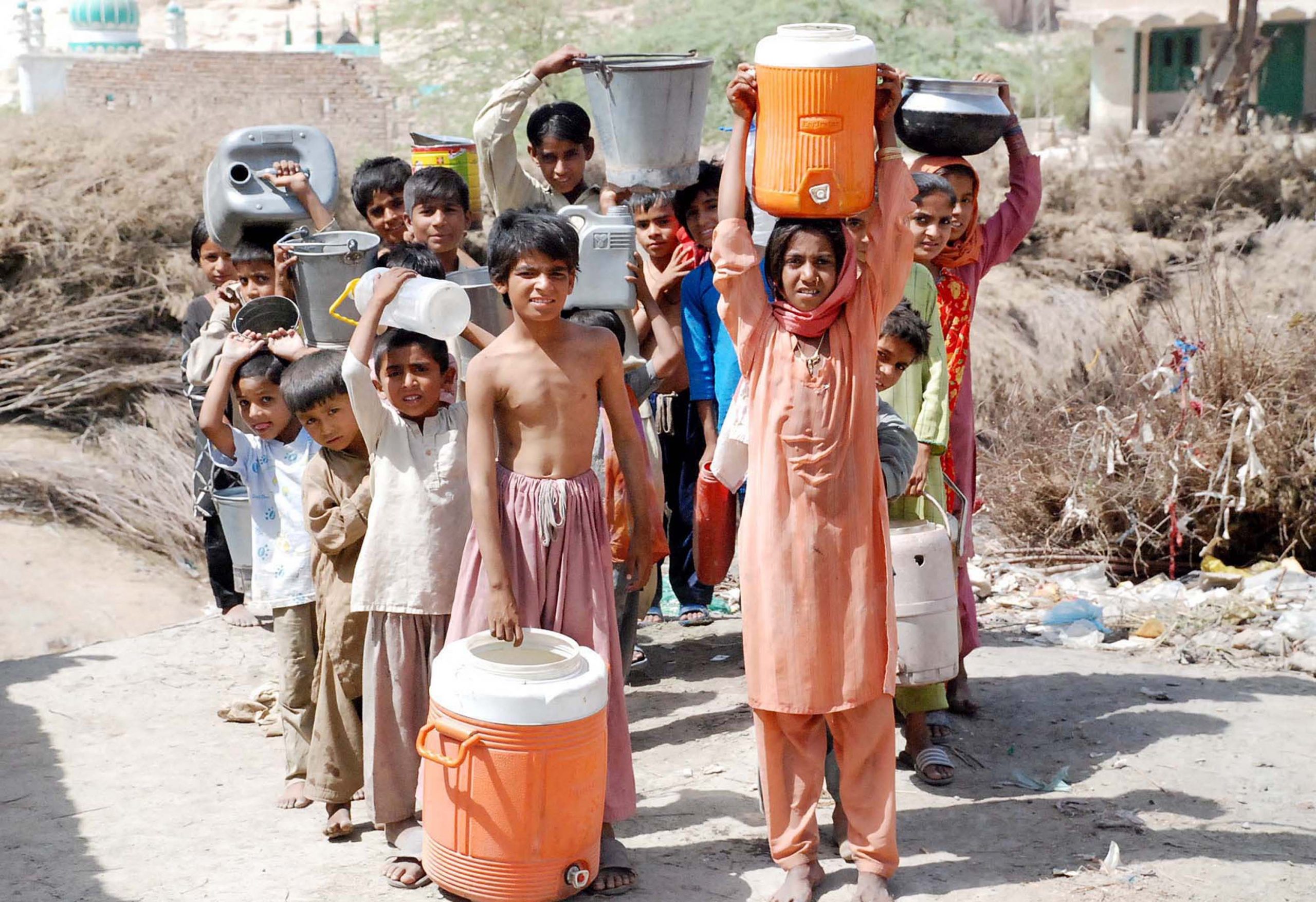[dropcap font="" size="50px" background="" color="" circle="0" transparent="0"]H[/dropcap]ong Kong is buckling under its fifth, and worst, coronavirus wave. In two months, “this wave … has led to more than 250,000 infections and 800 deaths — multiple times as many as in the previous four waves combined,” reports
The New York Times.
The brunt is falling upon an estimated
340,000 foreign domestic helpers in the city, who are among the most vulnerable. The migrant workers — who are mostly women from Indonesia and the Philippines — provide round-the-clock child care, cooking, and cleaning services for families six days a week in roughly
10 percent of households in Hong Kong. They are legally required to live with their employers in a city that offers some of the world’s smallest apartments.
Many activists and advocates have decried the rule as trapping women in potentially exploitative or abusive situations, says
CNN. Now it has left some workers homeless after they were fired for contracting COVID-19.
“Scores have been evicted or sacked after testing positive for Covid, by employers who don’t want the virus in their households, according to local rights groups,” reports
Bloomberg. Hong Kong Free Press has reported on a domestic helper who was forced to
sleep rough after testing positive for COVID-19 and another who spent
a cold night outside a hospital with her three-month-old baby waiting for admission. Many of the workers were also left without insurance to cover their medical bills, reports
The Guardian.
Some workers face steep fines for violating the two-person limit on gatherings. On a recent weekend, “foreign domestic workers accounted for more than
one of every four people fined for breaching the city’s Covid protocols, even though they account for less than 5 percent of the population,” reports Bloomberg. The fines can be as much as US$1,281 — twice the minimum monthly wage of US$593 for live-in domestic workers.
The two-person limit has prevented the workers from gathering with friends on Sundays, their single day off. They used to pack the city’s parks and open spaces. On a recent Sunday, though, only a
handful of them was in Chater Garden in Central. The authorities have cracked down on such gatherings after Chief Executive Carrie Lam vowed
“no mercy” for those breaching COVID-19 social distancing rules.
Hong Kong’s authorities have shown little love for the foreign domestic workers, who are the backbone of the city’s economy. A 2019 report pegged the economic contribution of such workers in the city at
US$12.6 billion — or 3.9 percent of Hong Kong’s GDP.
The Philippines’ top diplomat in Hong Kong, Consul-General Raly Tejada, said it was illegal and
“immoral” for employers to fire domestic workers who tested positive for COVID-19.
In 2021, Filipinos working in Hong Kong sent approximately
US$722.2 million in cash remittances. Last year, overseas Filipino workers remitted a record-breaking US$34 billion. The amount accounted for
8.9 percent of the country’s GDP.













































